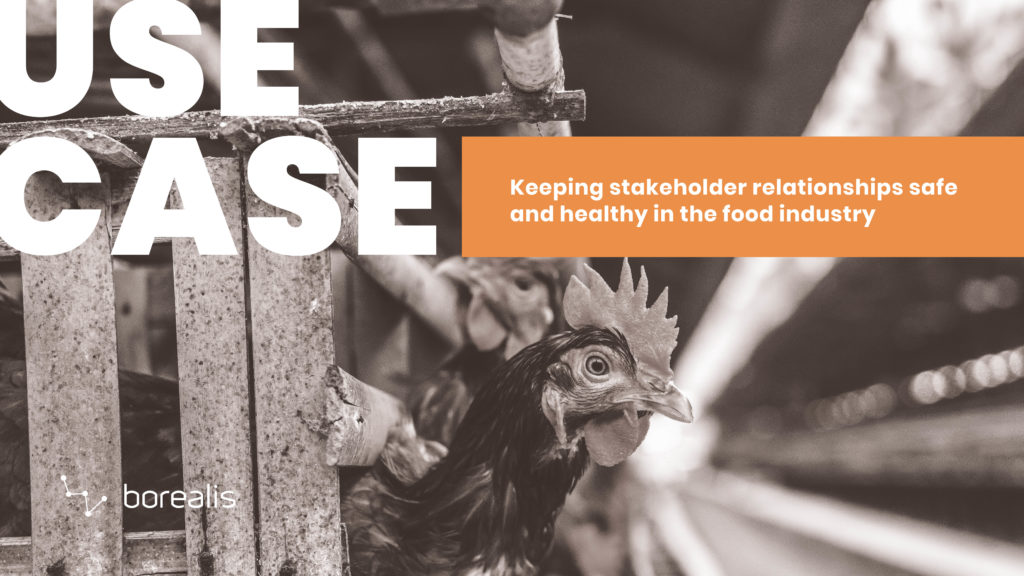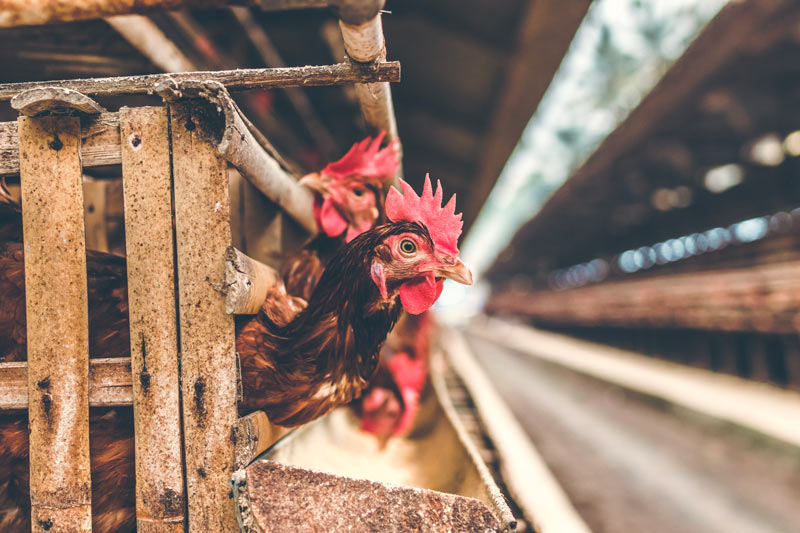The stakeholders in the food industry are extensive. They can range from individual consumers and industry bodies to primary producers and food manufacturers. The list continues to include importers and retailers, public health organizations, consumer advocacy organizations, community groups, and all levels of government.
And within each food and agribusiness firm there are often multiple departments that must engage regularly with this multitude of stakeholder groups. This creates a highly intricate matrix of ever-shifting interests and issues.
By relying on the 4 key guiding principles of stakeholder engagement and fit-for-purpose tools, organizations in the food industry can better manage this complex stakeholder landscape and build productive long-term relationships that create a win-win situation for everyone.
Who are the stakeholders in the food industry?
The stakeholders in the food industry are very diverse, making them hard to map and analyze. Implementing a solid stakeholder engagement plan that encompasses specific strategies for specific stakeholder groups is even more complex.
Take the meat industry, for example. Its stakeholders at the different stages of production include:
Raw material production
- Farmers
- Livestock feed providers
- Fertilizer and pesticide suppliers
- Veterinaries
- Agro-chemical manufacturers
Processing
- Abattoirs
- Butchers
- Canned, hydrated and frozen packaged meat-based convenience food manufacturers
Post-processing
- Butchers
- Supermarkets
- Consumers
This list, which is not exclusive, must be multiplied for each country in which the company operates.
CSR and sustainability challenges in the food industry
Food and agribusiness firms also face a long list of challenges when it comes to managing and demonstrating sustainability and corporate social responsibility. This includes:
- Keeping track of changes in food regulations and standards, which can vary across states and countries
- Proving compliance with government regulations to sell products locally and/or abroad
- Being prepared for audits
- Managing multiple stakeholder groups, sometimes in multiple countries
- Negotiating and engaging with farms supplying products for processing
- Managing waste and contamination risks
- Monitoring the company’s sustainability index at each supplier’s facility and promoting its corporate vision to these suppliers
- Identifying and managing issues relating to day-to-day operations, such as being prepared for a potential public or government crisis created by a supplier relating to consumer health or animal rights

Guiding principles for effective stakeholder engagement
Regardless of industry or the tools used, engaging with stakeholders in the food industry should adhere to the following 4 guiding principles.
- Strive for balance – Make sure you’re hearing from all stakeholder groups and their various positions. This includes industry players, health professionals with specialized expertise and consumers. Good decision and policy making involves understanding an issue from a variety of perspectives and factoring these perspectives into the final decision.
- Engage early – Before defining your stakeholder engagement strategy, get insights from those who will be directly affected. Strong strategies are built on direct stakeholder insights, not on assumptions.
- Engage meaningfully – Stakeholder engagement is not a euphemism for “forcing your views on others.” It’s about finding areas of commonality and building on them. Be honest about any points on which you may disagree. Get industry leaders and experts involved to make this conversation more fruitful if need be.
- Keep engaging – Effective stakeholder engagement is a never-ending process. Your interests and concerns will undoubtedly evolve over time. So will those of your stakeholders. Never allow the productive relationships you’ve worked so hard to build to stagnate.
From guiding principles to business-driven actions
All food companies and regulatory bodies need to reconcile these guiding principles with their reality of limited resources, limited time and multiple demands.
Today, most organizations and government bodies that must manage multiple stakeholder groups rely on specialized tools like Borealis stakeholder engagement software to plan, implement and measure their stakeholder engagement plans with greater efficiency, transparency and traceability.
Fit-for-purpose stakeholder engagement software allows them to:
- Centralize all stakeholder data and engagement activities in a single location where it can easily be accessed, edited and used from any location, even on the go.
- Turn high-level engagement strategies into a clearly defined series of delegated tasks and timelines to keep stakeholder initiatives on track.
- Communicate more efficiently with stakeholders – in both directions – whether through bulk emails, an online grievance portal, SMS messaging, etc.
- Track all engagement activities, grievances, commitments and communications to ensure timely follow-up while also minimizing oversights and duplicated efforts.
- Instantly generate credible and professional-looking reports to comply with the needs of various stakeholders, such as upper management, auditors, financial lenders and policy makers, while also gaining their trust.
- Create a lasting memory to support future decision/policy making and compliance requirements.
Benefits of implementing an effective stakeholder engagement strategy for the food industry
Stakeholder engagement is more than just a feel good measure. It is the process by which organizations address and resolve the challenges that may prevent them from achieving their business goals. The more effective the stakeholder engagement strategy and tools, the more rapidly these challenges are resolved to the satisfaction of all parties involved.
Learn more about how you can use Borealis to strengthen relationships with all the stakeholders in the food industry.
Talk to our team >






